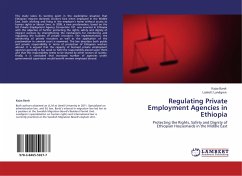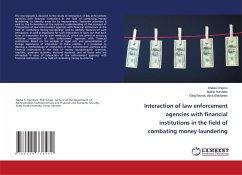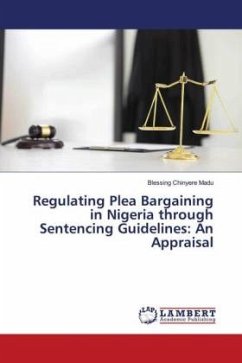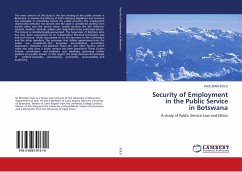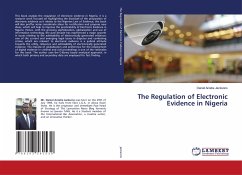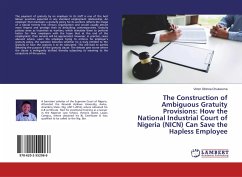This study takes its starting point in the exploitative situation that Ethiopian migrant domestic workers face when employed in the Middle East, both working and living in the employer s home without access to human rights or labour laws. In 2009, a new proclamation, based on the ILO Private Employment Agency Convention 181, was enacted in Ethiopia with the objective of further protecting the rights, safety and dignity of migrant workers by strengthening the mechanisms for monitoring and regulating the business of private recruiters. The implementation, the monitoring of private recruiters as well as the application of the proclamation in criminal court is examined. The law describes both public and private responsibility in terms of protection of Ethiopian workers abroad. It is argued that the capacity of licensed private employment agencies generally is too weak to fulfil the responsibility placed upon them and that this responsibility needs to be shared by other sectors of society. Finally, it is concluded that increased number of agencies under governmental supervision would benefit women employed abroad.

